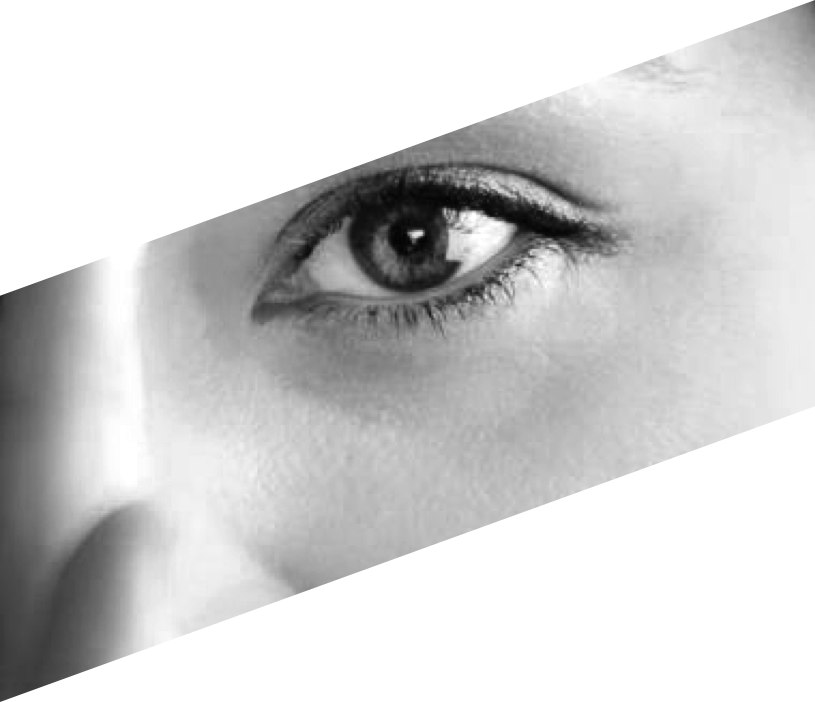Born in a town in the heart of Transylvania, the artist began to express emotions early on, by means of painting and drawing, irretrievable marked by the beauty of that slice of paradise. Portraits, still life compositions or simple sketches came unsurprisingly namelessly and unsolicited, with the full force of a predestined calling. This reason perhaps made a painter form Mediaș, the well-known Gregory Muntean, invite the artist to join Art Group, a vibrant community of young artists and truly a magical and bright place, where she was most fortunate to taste the sweet cup of winning several painting and drawing competitions. Accordingly, her first exhibition, titled Medieval Fortresses in Transylvania already, revealed a young artist of merely 14 years old determined to vigorously pursue her calling, innovating and discovering herself through the unique, lyrical, figurative and abstract self-made visual language.The blissful years spent as a student at the prestigious University of Arts and Design Cluj-Napoca marked not only the boisterous discovery of one’s self, but also a lively period of artistic experimentation that considerably enlarged her palette of thematic approaches and, in doing so, the artist became infinitely more sensitive to the unimaginably overlapping voyages for knowledge.Her dissertation is living monument dedicated to this beatified epiphany in that that she explores,
through an utterly personal and breathed flight, the relationship between literature and painting. Interference, the name of the exhibition showed at the Alumni Gala 2009, Expo Transilvania pavilion in Cluj-Napoca, was the first manifestation of the artist's conclusions. Different projects followed suit: Rediscovering Italy-Romania, or ventures in the first edition of the European Parliament Simulation in Cluj-Napoca, but also diverse artistic forays like themed illustrations for theme-based magazines like Vision of the Real: An Approach Architect`s on Cultural Landscape Studies. The itinerary of this Transylvanian artist, akin to a fin de siècle irony, made a well-deserved stop in Vienna, a city that will always be imprinted in her heart and from its icon she periodically extracts the potion of duality. A vigorous intellectual training materialized through courses in cultural anthropology and sociology, and a baroque aesthetic expression, which has been already put to work in Pictural 2012 exhibition (hosted at Cirus Galleries) and is ripe for the next endeavors. Overwhelmed by the kindness with which you, kind reader, have read these lines, I thank you and dearly invite you to make this “journey of becoming” together with me, imaginatively decoding, as in a peaceful plunge, each stage of our existence..
"Go into yourself. Find out the reason that commands you to create; see whether it has spread its roots into the very depths of your heart; confess to yourself whether you would have to die if you were forbidden to create."
"This most of all: ask yourself in the most silent hour of your night: must I creat? Dig into yourself for a deep answer. And if this answer rings out in assent, if you meet this solemn question with a strong, simple “I must,” then build your life in accordance with this necessity; your whole life, even into its humblest and most indifferent hour, must become a sign and witness to this impulse. Then come close to Nature. Then, as if no one had ever tried before, try to say what you see and feel and love and lose..."
"...Describe your sorrows and desires, the thoughts that pass through your mind and your belief in some kind of beauty - describe all these with heartfelt, silent, humble sincerity and, when you express yourself, use the Things around you, the images from your dreams, and the objects that you remember. If your everyday life seems poor, don't blame it; blame yourself; admit to yourself that you are not enough of a poet to call forth its riches; because for the creator there is not poverty and no poor, indifferent place. And even if you found yourself in some prison, whose walls let in none of the world’s sounds – wouldn’t you still have your childhood, that jewel beyond all price, that treasure house of memories? Turn your attentions to it. Try to raise up the sunken feelings of this enormous past; your personality will grow stronger, your solitude will expand and become a place where you can live in the twilight, where the noise of other people passes by, far in the distance. - And if out of this turning-within, out of this immersion in your own world, poems come, then you will not think of asking anyone whether they are good or not. Nor will you try to interest magazines in these works: for you will see them as your dear natural possession, a piece of your life, a voice from it. A work of art is good if it has arisen out of necessity. That is the only way one can judge it."
― Rainer Maria Rilke
"Learn the rules like a pro, so you can break them like an artist."
― Pablo Picasso
"The creative act is not performed by the artist alone; the spectator brings the work in contact with the external world by deciphering and interpreting its inner qualifications and thus adds his contribution to the creative act."
― Marcel Duchamp
"With cold eyes and indifferent mind the spectators regard the work. Connoissers admire the "skill" (as one admires a tightrope walker), enjoy the "quality of painting" (as one enjoys a pasty). But hungry souls go hungry away. The vulgar herd stroll through the rooms and pronounce the pictures "nice" or "splendid." Those who could speak have said nothing, those who could hear have heard nothing."
― Wassily Kandinsky, Concerning the Spiritual in Art
